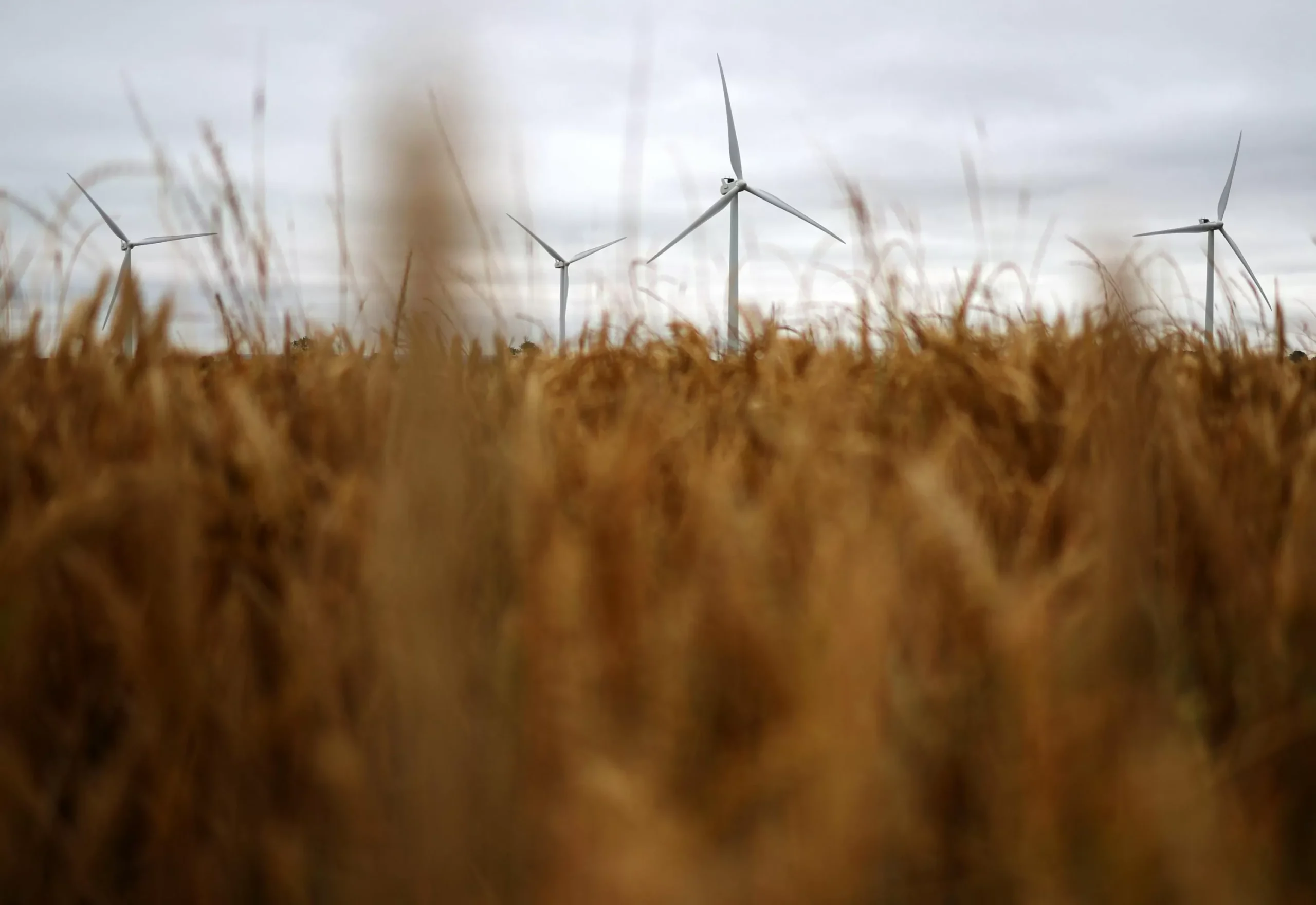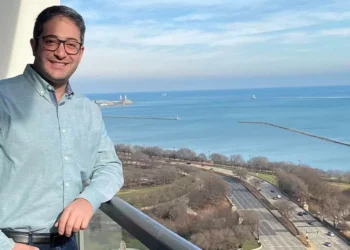For decades, scientists have been sounding the alarm about the devastating impacts of continued burning of oil, gas, and coal on our planet’s climate. And now, those impacts are being felt around the world.
The evidence is undeniable. Extreme weather events, such as hurricanes, floods, and wildfires, are becoming more frequent and severe. Glaciers are melting, sea levels are rising, and coral reefs are dying. These are not just isolated incidents, but rather a pattern of destruction that is directly linked to human activities, particularly the burning of fossil fuels.
The consequences of climate change are not limited to the environment. They also have serious implications for human health, food security, and economic stability. The World Health Organization estimates that climate change is responsible for over 150,000 deaths each year, and that number is only expected to rise. Rising temperatures and changing weather patterns are also affecting crop yields, leading to food shortages and price increases. And as natural disasters become more frequent, the cost of recovery and rebuilding is taking a toll on economies around the world.
But despite these dire warnings and clear evidence, there are still those who deny the existence of climate change or its human-caused origins. Some argue that the Earth’s climate has always fluctuated and that the current changes are simply part of a natural cycle. However, the overwhelming majority of scientists agree that the current rate of change is unprecedented and directly linked to human activities.
So why have we continued to ignore the warnings and carry on with business as usual? The answer lies in our dependence on fossil fuels. Oil, gas, and coal have been the backbone of our global economy for decades, providing cheap and abundant energy for transportation, industry, and daily life. But as we have seen, the true cost of this reliance is far greater than the benefits.
The good news is that we are not powerless in the face of this crisis. In fact, there are already many positive steps being taken to address climate change. Renewable energy sources, such as solar and wind power, are becoming more affordable and accessible. Electric vehicles are becoming increasingly popular, reducing our reliance on fossil fuels for transportation. And many countries are implementing policies and initiatives to reduce their carbon emissions and transition to a more sustainable future.
But we cannot rely solely on government and industry to make the necessary changes. Each and every one of us has a role to play in mitigating the impacts of climate change. We can make small changes in our daily lives, such as reducing our energy consumption, using public transportation, and supporting sustainable businesses. We can also use our voices to demand action from our leaders and hold them accountable for their actions (or lack thereof) in addressing this crisis.
It is also important to remember that the impacts of climate change are not evenly distributed. Developing countries, particularly those in low-lying coastal areas, are bearing the brunt of the consequences, despite contributing the least to the problem. As individuals and as a global community, we have a responsibility to support and assist these communities in adapting to the changes and transitioning to more sustainable practices.
The good news is that it’s not too late to make a difference. While the impacts of climate change are already being felt, there is still time to mitigate the worst effects and create a more sustainable future for ourselves and future generations. But we must act now, with urgency and determination.
In conclusion, the warnings of scientists about the devastating impacts of continued burning of oil, gas, and coal have unfortunately come true. But it is not too late to change course and create a better future for our planet. By working together and taking action, we can mitigate the impacts of climate change and create a more sustainable and resilient world for all. Let’s not wait any longer, let’s act now.








